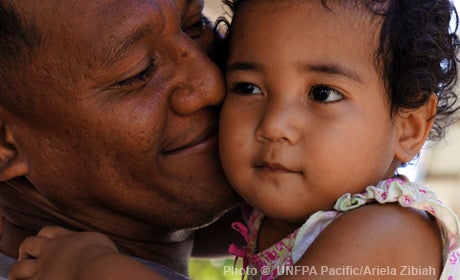Key humanitarian results 2023

Women assisted to deliver babies safely in UNFPA-supported facilities

People Targeted by UNFPA

People in need

Adolescents and youth (10-24) reached with SRH services

People reached with Family Planning Services in UNFPA-supported facilities

People reached with SRH information and awareness activities in person

People reached with GBV prevention, mitigation and response activities

People reached with SRH services

People reached with awareness-raising activities and GBV-lifesaving information in-person

Dignity kits and/or other Non-Food Items distributed

Safe Spaces for women and girls, supported by UNFPA

Youth Spaces supported by UNFPA

Health facilities supported by UNFPA

SRH mobile clinics supported by UNFPA and run by UNFPA Implementing Partners

Personnel trained on the Minimum Initial Service Package (MISP) for SRH

Non-specialised GBV humanitarian workers / frontline workers who were trained /oriented on GBV core concepts and guidelines

